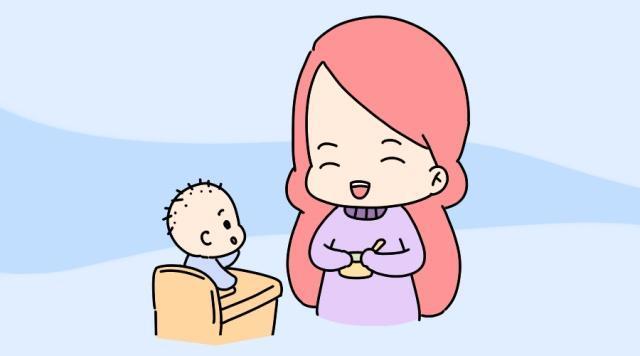Amid the daily hustle and bustle, hair is prone to accumulating dust and the scalp produces oil, causing hair imbalance. For most people, washing hair is just a matter of time, but women during their menstrual period often struggle with this.
Traditional belief suggests that hair should be avoided during menstruation, fearing it would weaken the body’s constitution and make it more vulnerable to external pathogens. However, modern perspective indicates that the blood loss during menstruation is minimal, and a balanced diet can quickly restore it, posing no harm to health.
Youth are more concerned about the cleanliness and health of their hair and scalp, especially individuals with oily skin who experience greasy hair, itchy scalp, dandruff, and even acne. This not only causes personal discomfort but also affects their professional image.
The concerns of the older generation are not entirely baseless; in the past, drying hair naturally after washing could easily lead to headaches due to catching a cold. Although hairdryers are available nowadays, rushing out with wet hair may still exacerbate cold and dampness internally, leading to menstrual pain or increased flow. Solutions include waiting for hair to be halfway dry before going out or choosing non-working days or days with reduced menstrual flow to wash hair.
As for the frequency of washing hair and water temperature, individuals with oily hair or those who sweat easily should wash and care for their hair daily to prevent follicle blockage and inflammation, using oil-controlling and antibacterial shampoos. Those with dry hair should wash their hair every 2-3 days, using a small amount of shampoo along with hair treatment oil to maintain soft and smooth hair.
Regardless of hair type, water temperature should be around 40 degrees Celsius, as it effectively removes oil while protecting the scalp from damage.
Regarding the choice of washing hair in the morning or evening, working individuals have their considerations: rushing in the morning makes it difficult to thoroughly dry the hair, while washing hair at night may affect sleep. It is recommended to wash hair immediately after work and speed up the drying process using a drying cap or hairdryer. For non-working individuals, washing hair during the day is recommended to ensure hair is fully dried.
There is no strict time limit for washing hair, the key is to clean it in a timely manner to maintain scalp health, gently massage during washing to avoid irritating the scalp. If abnormal oiliness is accompanied by skin symptoms, seek medical examination promptly.
In summary, washing hair during menstruation does not harm health, adequate washing and caring can bring a refreshing feeling and uplift mood.


